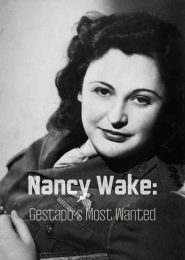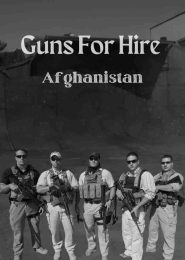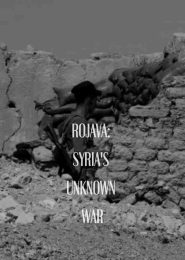Occupation 101: Voices of the Silenced Majority (2006)
In the heart of a protracted conflict, where narratives clash and lives hang in the balance, Occupation 101: Voices of the Silenced Majority, a 2006 documentary, emerges as a beacon of truth. Directed by Sufyan Omeish and Abdallah Omeish, and narrated by Alison Weir, this film transcends mere documentation—it becomes a symphony of voices, a chorus of conscience.
The Canvas: The Israeli-Palestinian conflict, a Gordian knot of history, ideology, and human suffering, unfolds across the screen. The documentary’s lens focuses on the effects of the Israeli occupation of the West Bank and Gaza Strip. It spans decades—from the rise of Zionism to the Second Intifada and Israel’s unilateral disengagement plan. But this canvas isn’t just about geography; it’s about the souls caught in its crossfire.
The Interviews: Occupation 101 weaves its narrative through interviews—scholars, religious leaders, humanitarian workers, and NGO representatives. Their voices resonate—a chorus of dissent. More than half of them are Jewish, challenging the notion that criticism of Israeli policy is inherently anti-Semitic. They dissect the injustices—the human rights abuses stemming from Israeli actions in the occupied territories.
The Faces of Conscience: We meet Dr. Albert Aghazarian, who navigates the complexities of public relations at Birzeit University. Ambassador James E. Akins, a former U.S. Ambassador to Saudi Arabia, adds his perspective. Rabbi Arik Ascherman, part of Rabbis for Human Rights, bridges faith and activism. And Bishop Allen Bartlett Jr., from the Diocese of Washington, grapples with the ethics of silence.
The Unseen Heroes: The film introduces us to Cindy and Craig Corrie, parents of the late solidarity activist Rachel Corrie. Their grief becomes a rallying cry. Richard Falk, who served on the 2001 United Nations Fact-finding Commission in the West Bank and Gaza, adds his expertise. And Rabbi Michael Lerner, founder of Tikkun magazine, questions the moral compass of Israeli policy.
Legacy and Reflections: Occupation 101 isn’t just a documentary; it’s a mirror. It reflects the tangled web of power, identity, and suffering. As the credits roll, we’re left with questions: How do we untangle this web? How do we amplify the silenced majority? The film becomes a call to action—a plea for empathy, justice, and peace.
In this celluloid symphony, the voices rise—a testament to resilience, resistance, and the indomitable human spirit.




